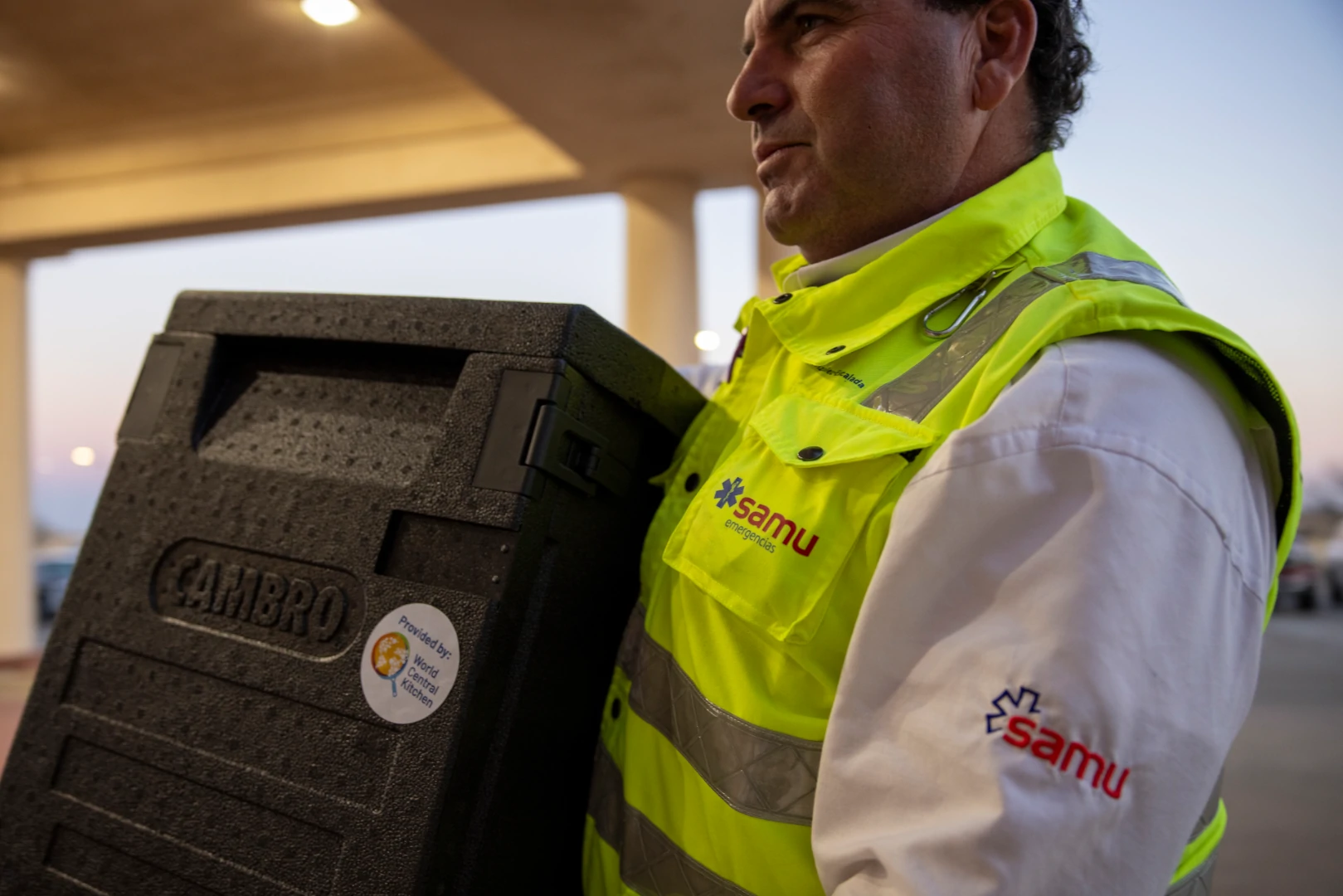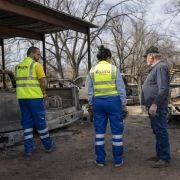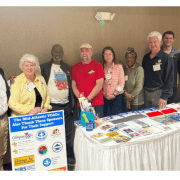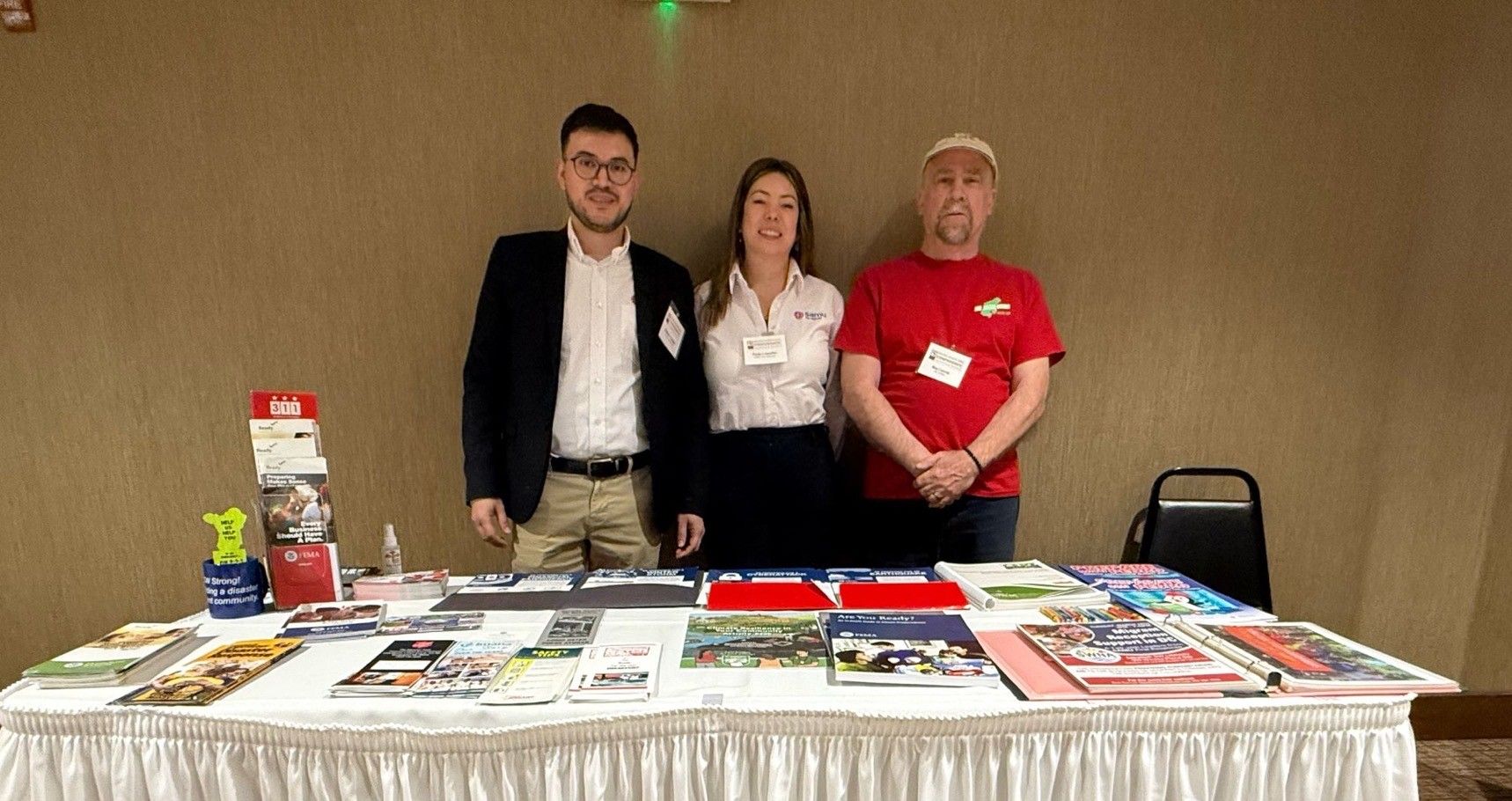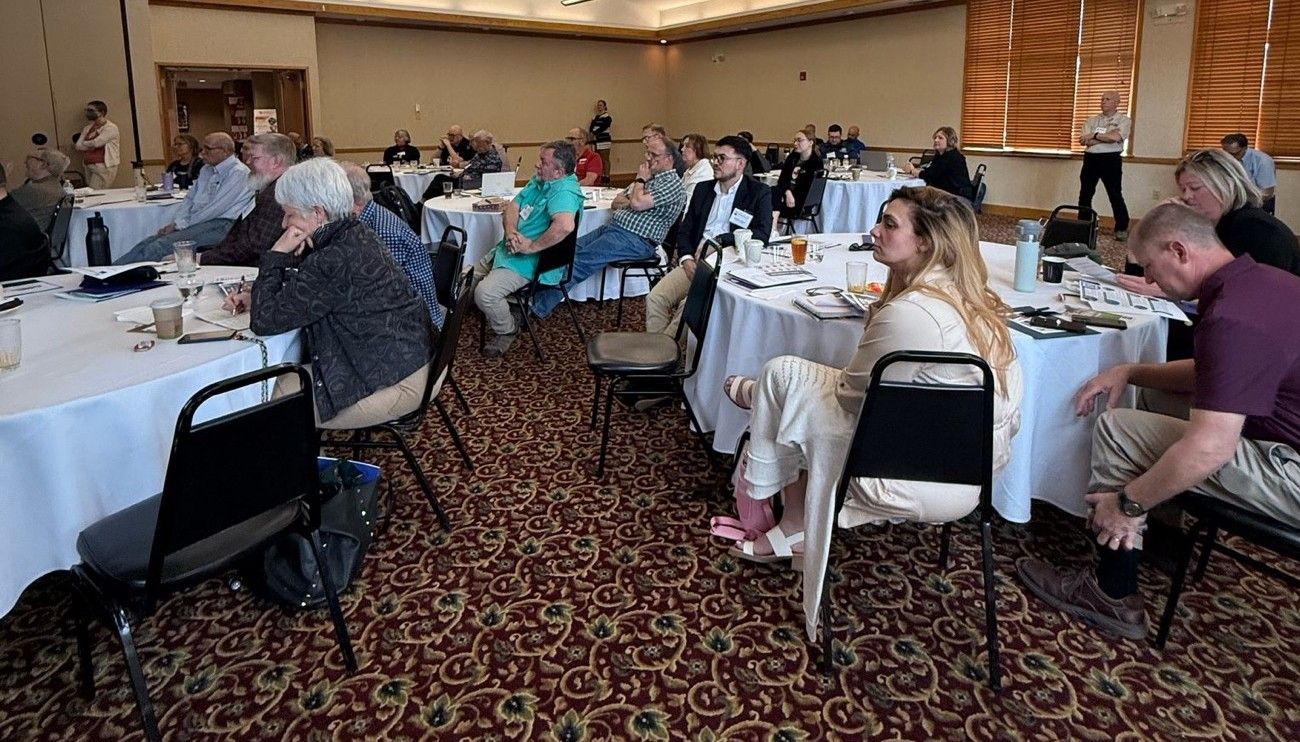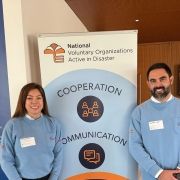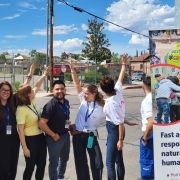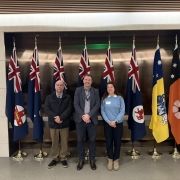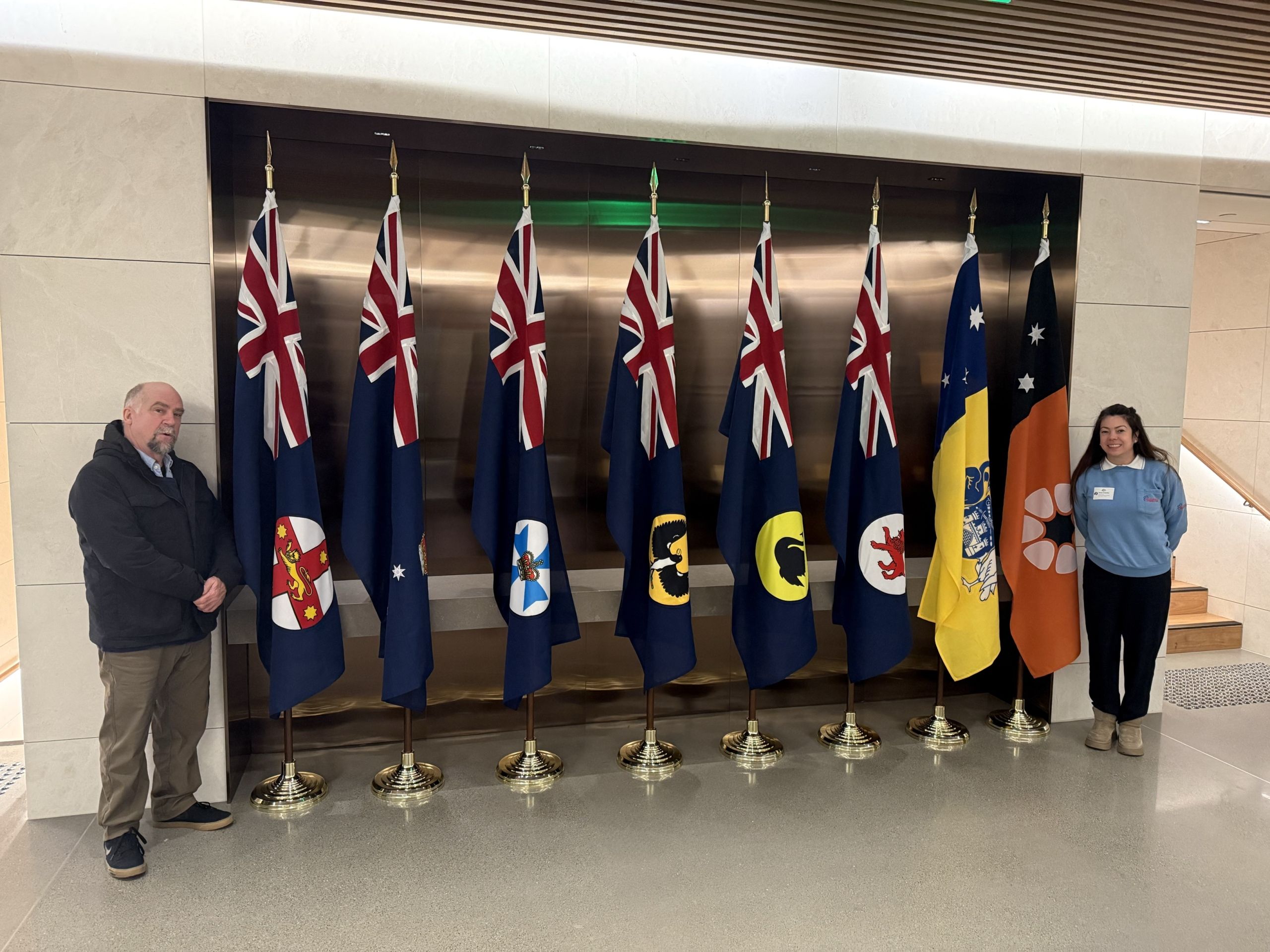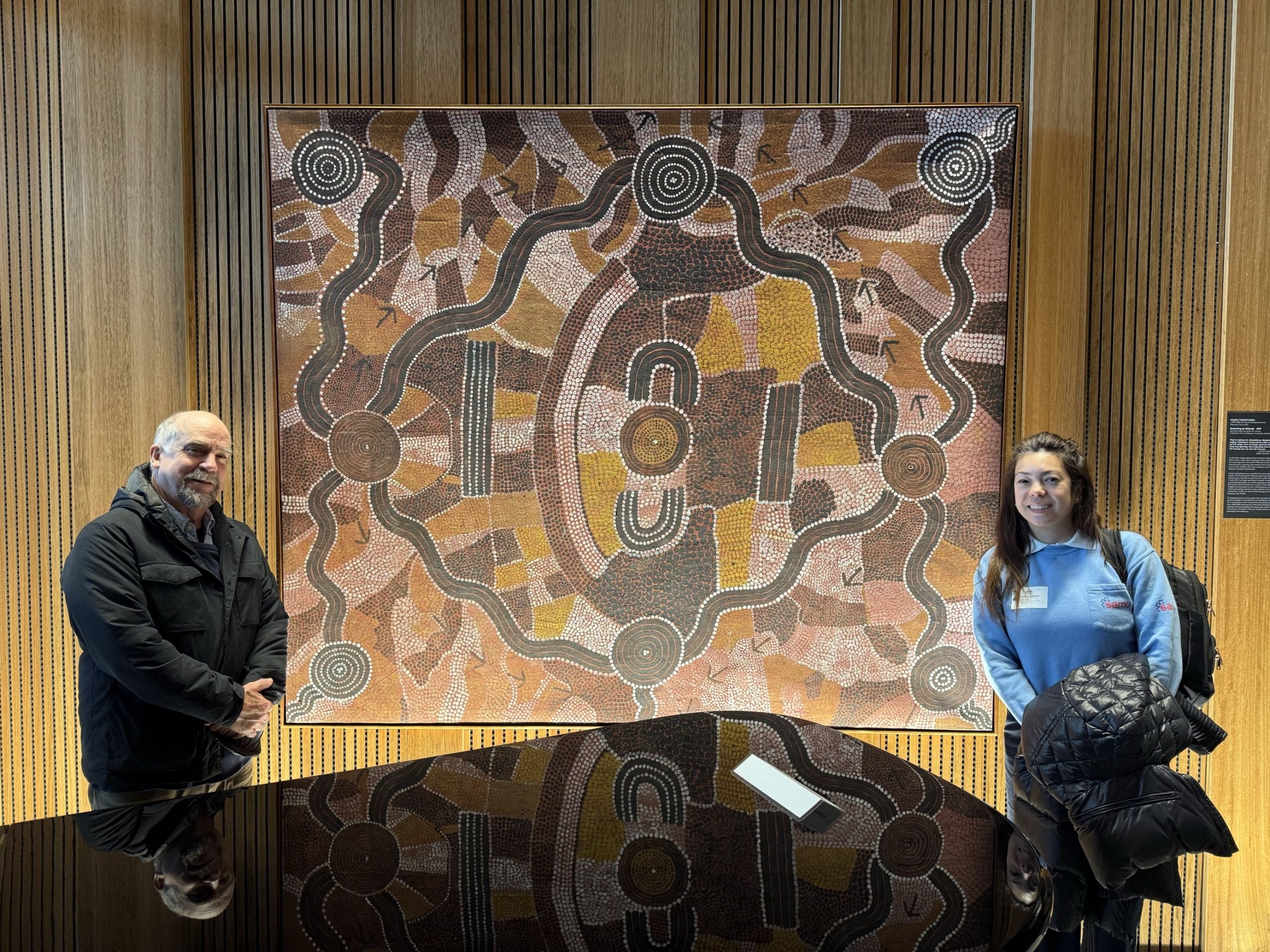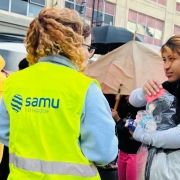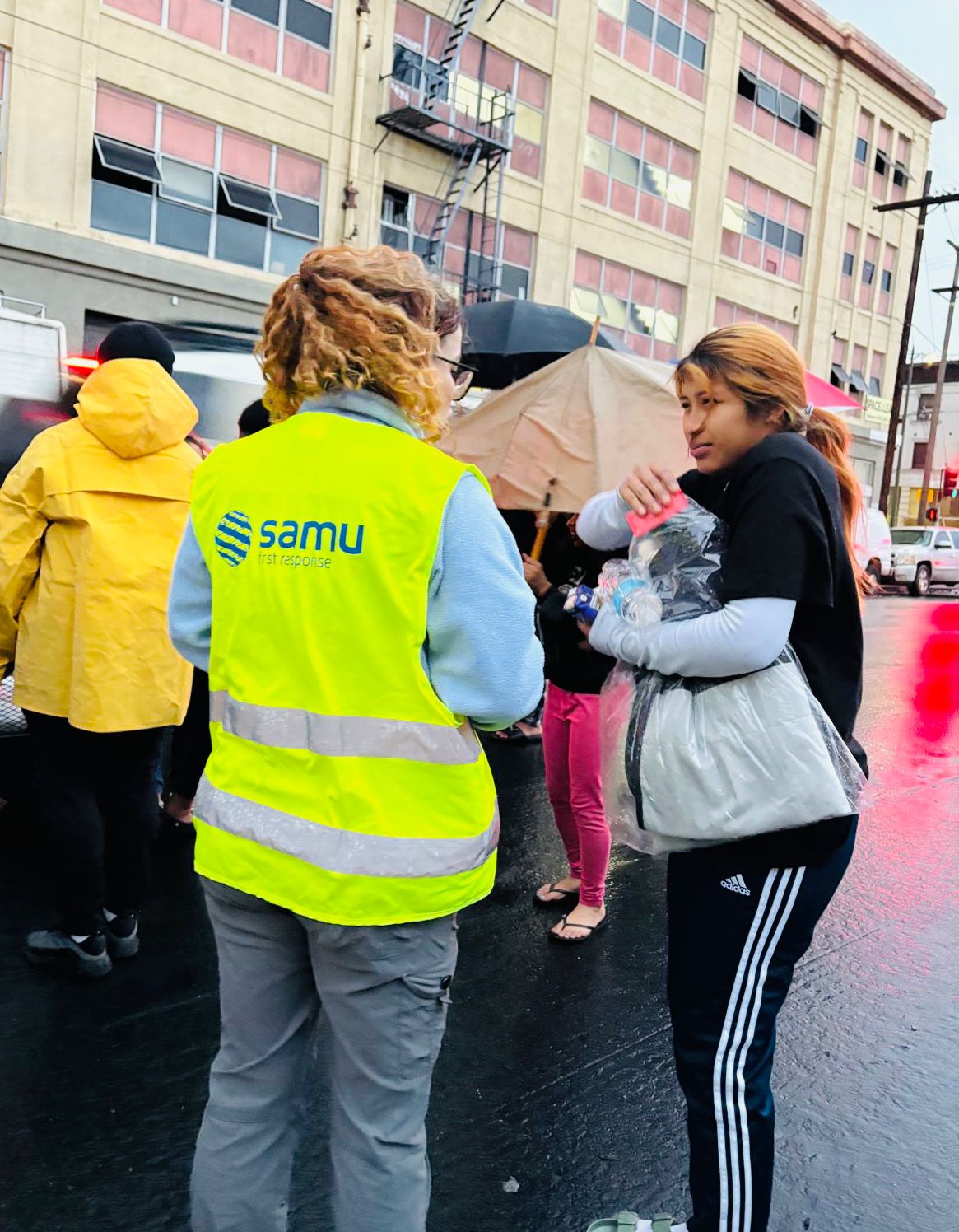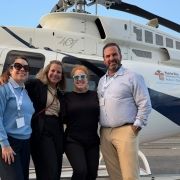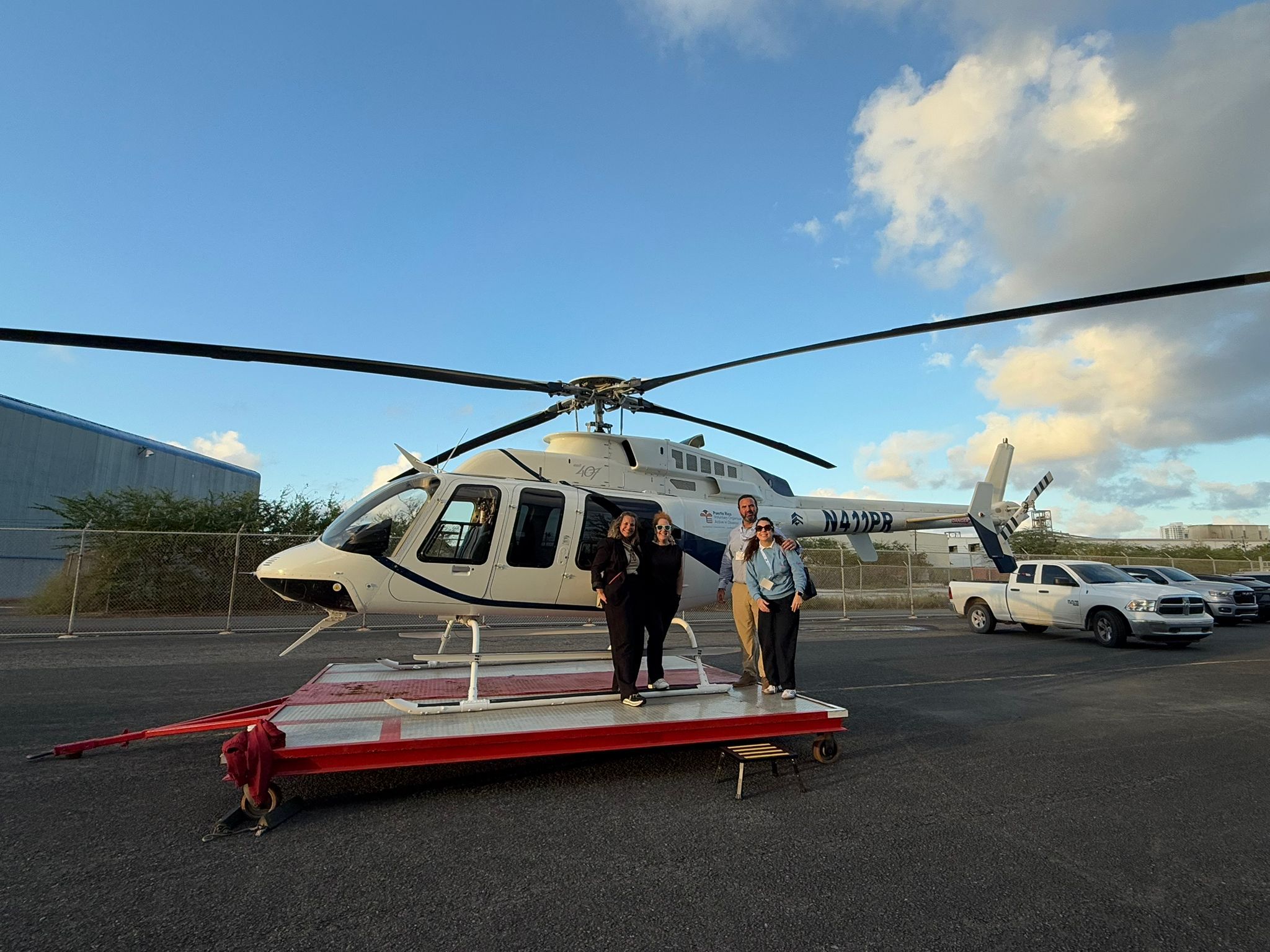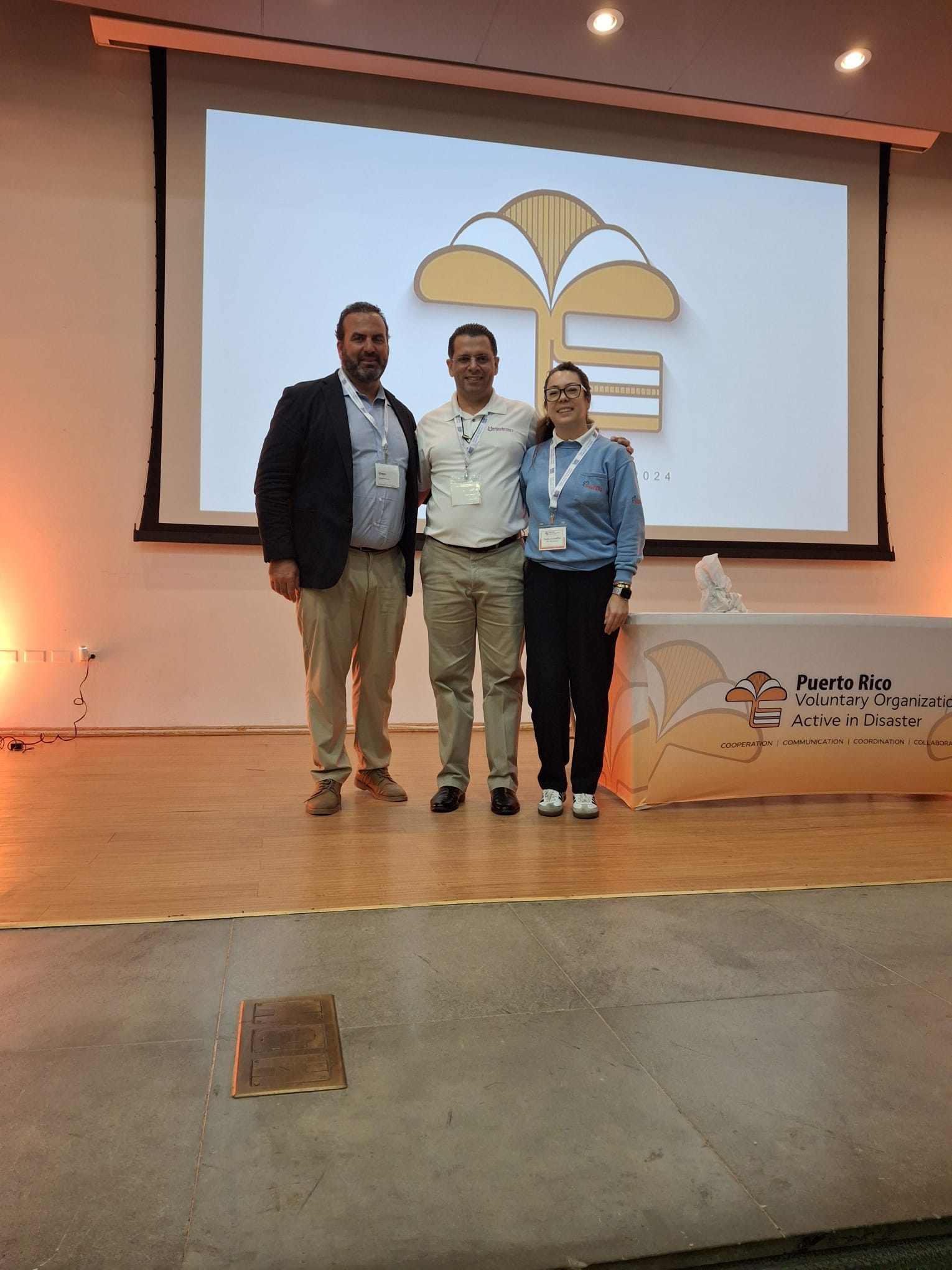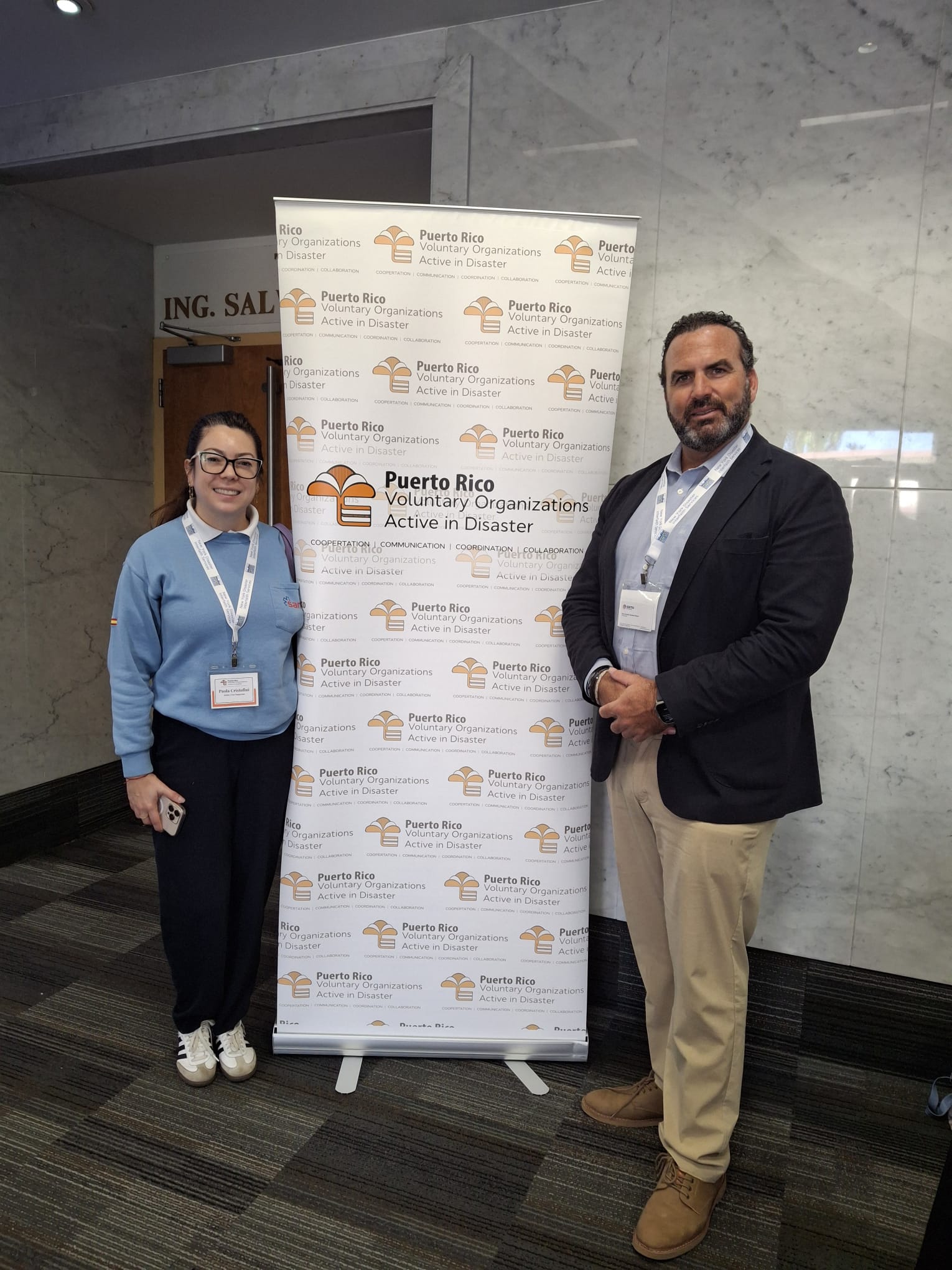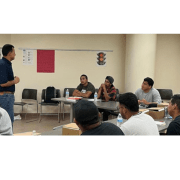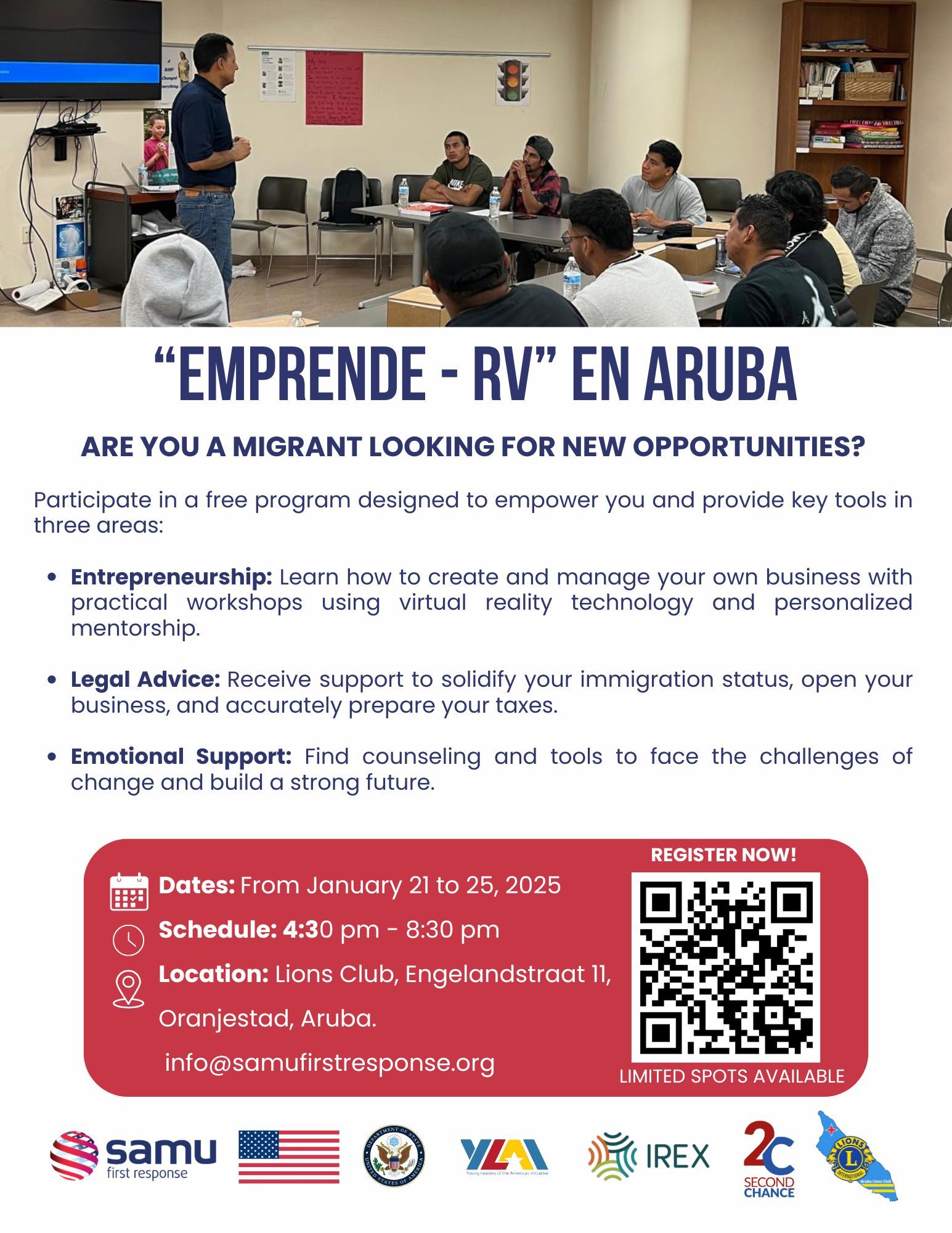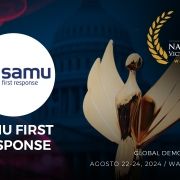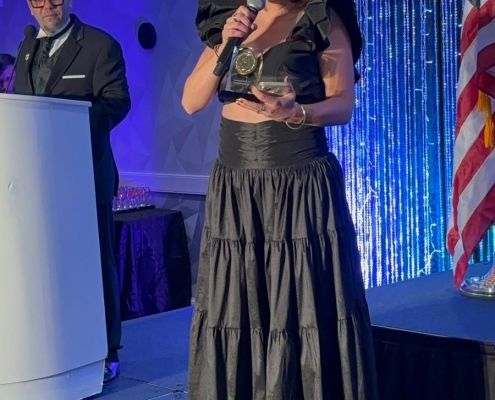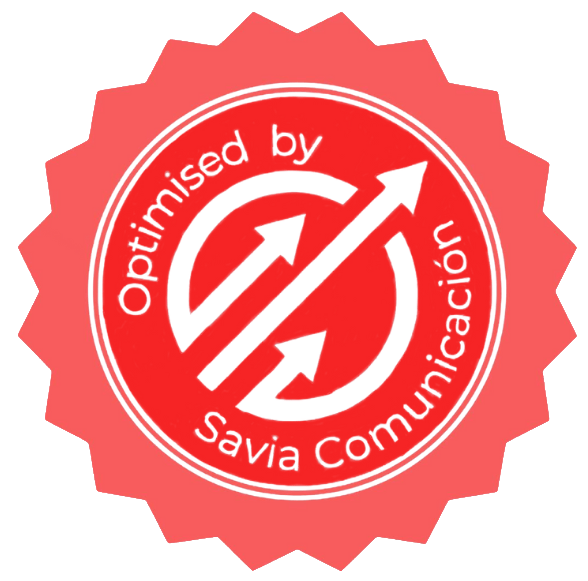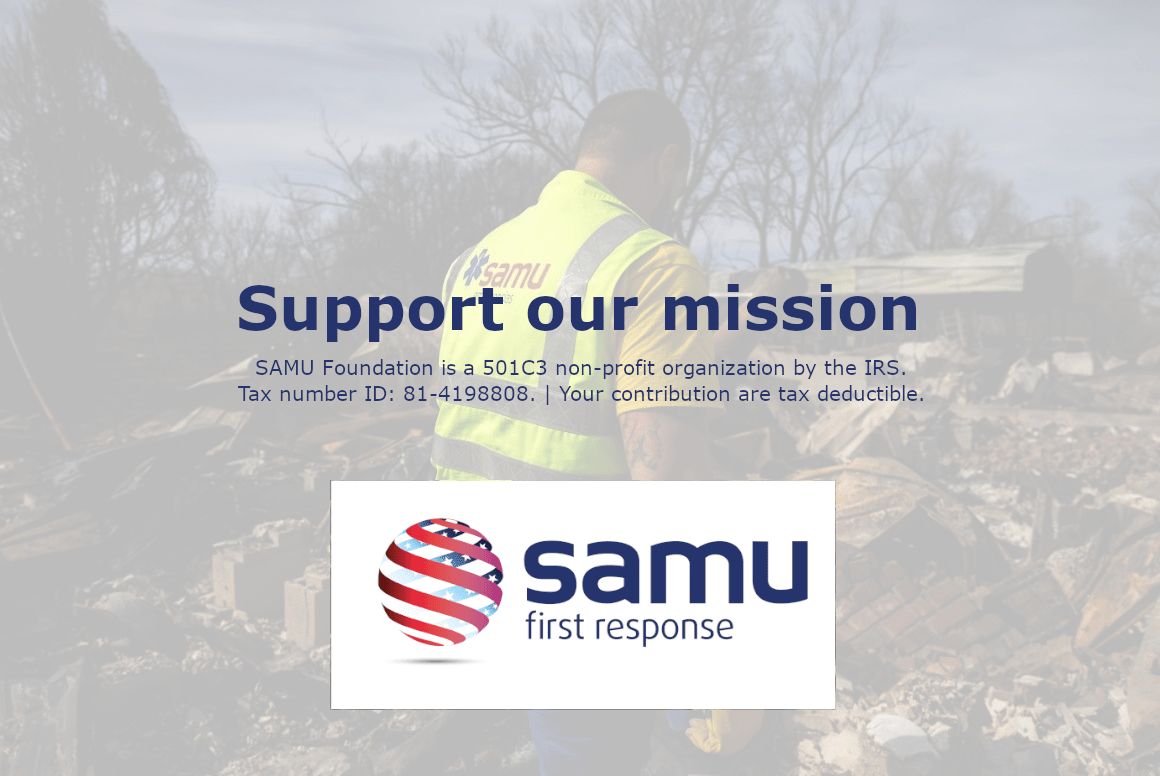The organization has been officially accepted as a member of National VOAD (National Voluntary Organizations Active in Disaster), the network that brings together the leading disaster organizations in the U.S. while further strengthening its international role in social emergencies.
SAMU First Response has officially been accepted as an associate member of the National VOAD, a strategic step that consolidates its presence within the U.S. emergency response system. This membership recognizes SAMU as an operationally capable and experienced actor in national disaster response efforts.
“Being part of National VOAD means that we are no longer recognized as just a state-level resource, but we are now recognized as an organization capable of deploying anywhere in the country within the federal system,” explains Andrés Rodríguez, Director of International Emergencies at SAMU.
The U.S. emergency response system relies on a network of non-governmental, community-based, and faith-based organizations that collaborate with official agencies during disasters. These entities are grouped into state and national VOADs, with the goal of fostering cooperation, reducing duplication of efforts, and maximizing the efficiency of humanitarian assistance.
Each U.S. state and territory has its own VOAD, which plays a key role in local response efforts. Currently, SAMU is a member of ten state VOADs: Maryland, Arizona, Virginia, West Virginia, Puerto Rico, South Carolina, Washington D.C., North Carolina, Ohio, and Pennsylvania.
The National VOAD includes approximately 80 member organizations and 56 state and territorial VOADs. It is not a governing body, but a coalition that promotes core principles of disaster response among its members of communication, coordination, collaboration, and cooperation.
Access to National VOAD is not automatic. Andrés Rodríguez explains that “candidate organizations must meet a set of demanding criteria: at least one year of operations in the U.S., membership in at least three state VOADs, participation in at least three domestic emergency responses, international experience, endorsement from existing members, and active contributions to training or research in the field of disaster response.”
SAMU applied for membership with endorsements from the VOADs of Puerto Rico, Washington D.C., and Maryland. It was accepted after demonstrating its participation in social emergencies related to migration in Arizona, Texas, and Maryland, and its deployment in Florida following Hurricane Milton. “This is the result of years of building relationships, showing logistical capacity, and demonstrating our unique focus on social action,” Rodríguez emphasizes.
Social Emergencies
Unlike many VOAD member organizations that are primarily health or faith based, SAMU has established its distinct value in the realm of social emergencies. Its areas of work in the U.S. includes displaced persons registration, temporary shelter management, community-based protection, family reunification, and psychosocial support.
“In the U.S., the medical response is highly structured, but social needs after a disaster often go unmet. That’s where our expertise makes a difference,” says Rodríguez.
In addition, SAMU brings an international perspective that proves valuable in multicultural contexts and in serving migrant and displaced populations. Its experience in complex settings outside the U.S. enhances its operational capacity and comprehensive emergency management skills.
Joining National VOAD marks a milestone in SAMU’s international expansion. “This achievement represents the formal establishment of SAMU as part of the national disaster response system in a country outside of Europe. It’s not a one-time intervention—it’s a structural presence,” notes Paola Cristofini, Emergency Manager at SAMU First Response.
Beyond operational recognition, this membership opens doors to new opportunities to access to shared resources, potential funding, participation in major deployments, and greater visibility within the U.S. humanitarian community.
Following this recognition, SAMU’s next steps include strengthening its presence in the states where it currently operates, expanding collaboration with other VOAD organizations, and achieving recognition from state and federal governments as an integral part of the official emergency system.
“National VOAD is the highest point in the collaborative structure. What comes next is continuing to build credibility, delivering value, and being present wherever we are needed,” says Rodríguez.
From its roots in Seville to its integration into the core of the U.S. disaster response system, SAMU remains true to its mission of saving lives and protecting the most vulnerable wherever the need is greatest.
This incorporation into National VOAD not only represents a qualitative leap in operational terms but also affirms SAMU’s long-standing philosophy of intervention: delivering professional, people-centered, and compassionate aid. It also stands as a recognition of the sustained effort of a team that has adapted, innovated, and found its place in one of the most complex emergency environments in the world. With this step, SAMU reaffirms its commitment to growing as a global actor with strong roots and an international vision.
